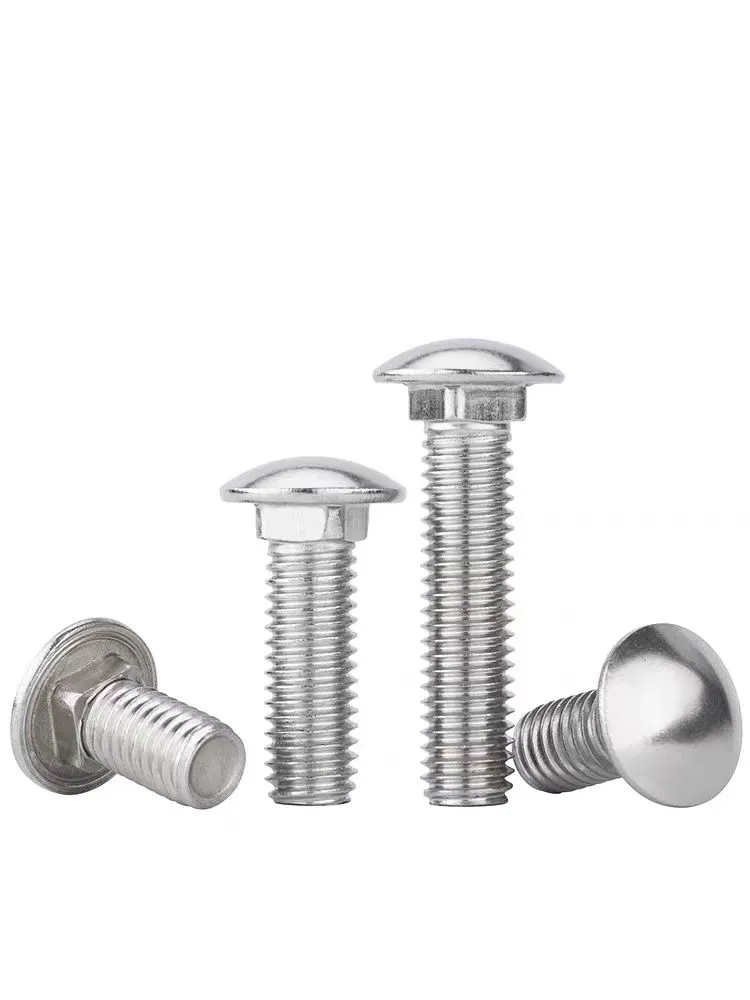

m20 hex nut
12월 . 13, 2024 15:14 Back to list
m20 hex nut
Understanding M20 Hex Nuts A Comprehensive Guide
In the world of fasteners, the M20 hex nut is a fundamental component that plays a crucial role in various applications, ranging from construction to machinery. This article aims to provide an in-depth understanding of M20 hex nuts, their specifications, applications, and installation tips.
What is an M20 Hex Nut?
An M20 hex nut is a type of fastener with a hexagonal shape, designed to be used with a corresponding M20 bolt or screw. The “M” signifies a metric designation, while “20” indicates the nominal diameter of the bolt in millimeters, which is 20 mm in this case. Hex nuts are characterized by their six flat sides, allowing them to be easily tightened or loosened with a wrench. The dimensions of an M20 hex nut typically ensure compatibility with a range of M20 bolts, providing a reliable and secure fastening solution.
Specifications and Standards
M20 hex nuts are governed by several international standards, such as ISO 4032 and DIN 934. These specifications outline the dimensions, mechanical properties, and performance standards required for a hex nut to be considered reliable.
Generally, the specifications for M20 hex nuts include - Width Across Flats (WAF) Approximately 30 mm - Thickness About 12 mm - Material Strength Usually available in grades such as 8 or 10, indicating the tensile strength of the nut. - Surface Finish Common finishes include zinc plating, black oxide, or plain steel, each offering different levels of corrosion resistance.
These specifications are critical for ensuring that the nuts perform adequately under load.
Types of Materials
M20 hex nuts can be made from a variety of materials, depending on the application requirements. Common materials include
1. Carbon Steel This is the most common material used for hex nuts. It offers good strength and is typically treated with various coatings to enhance corrosion resistance.
2. Stainless Steel For applications that require resistance to corrosion and rust, stainless steel hex nuts are preferred. They provide long-term durability in harsh environments.
3. Brass or Bronze In specialized applications, such as electrical connections, brass or bronze nuts may be used due to their excellent conductivity and resistance to corrosion.
Choosing the appropriate material for an M20 hex nut is essential based on the environment and load conditions it will experience.
m20 hex nut

Applications
M20 hex nuts find extensive use in a broad array of applications. Some of the most common uses include
- Construction M20 hex nuts are commonly used in structural applications where bolts are employed to secure beams, plates, and other structural elements.
- Machinery and Equipment Many machines require M20 hex nuts to secure components, ensuring that they maintain their integrity during operation.
- Automotive These nuts are also used in vehicle assembly and repair, where they fasten critical components like engine parts and chassis.
- Furniture Assembly In some furniture, particularly modular designs, M20 hex nuts are used to bolt sections together, providing stability and strength.
Installation Tips
When installing M20 hex nuts, it is essential to follow a few best practices to ensure a secure fit
1. Use the Correct Tool A torque wrench is recommended for tightening the nut, ensuring that the specified torque is achieved without over-tightening, which could lead to damaging the threads.
2. Clean the Surface Before installation, make sure that the bolt and nut are free from dirt, rust, or grease to guarantee a proper grip.
3. Check for Compatibility Ensure that the bolt and nut are compatible. Mismatched threads can lead to failure during operation.
4. Consider Washers In many applications, using flat washers or lock washers can provide a broader bearing surface and prevent loosening due to vibrations.
Conclusion
The M20 hex nut is an integral fastener that ensures reliability and stability in various applications. Understanding its specifications, materials, and proper installation techniques is crucial for maximizing its effectiveness. Whether in construction, machinery, or automotive contexts, M20 hex nuts remain a staple component, vital for securing structural integrity. With careful selection and installation, they will continue to provide unwavering support in countless applications worldwide.
Latest news
-
Best Self Tapping Screws for Drywall - Fast & Secure Installation
NewsJul.31,2025
-
High-Strength Hot Dip Galvanized Bolts-Hebei Longze|Corrosion Resistance&Customization
NewsJul.31,2025
-
Hot Dip Galvanized Bolts-Hebei Longze Metal Products|Corrosion Resistance&High Strength
NewsJul.31,2025
-
Hot Dip Galvanized Bolts-About LongZe|High Strength, Corrosion Resistance
NewsJul.30,2025
-
High-Strength Hot Dip Galvanized Bolts - Hebei Longze | Corrosion Resistance, Customization
NewsJul.30,2025
-
Hot Dip Galvanized Bolts-Hebei Longze|Corrosion Resistance&High Strength
NewsJul.30,2025

